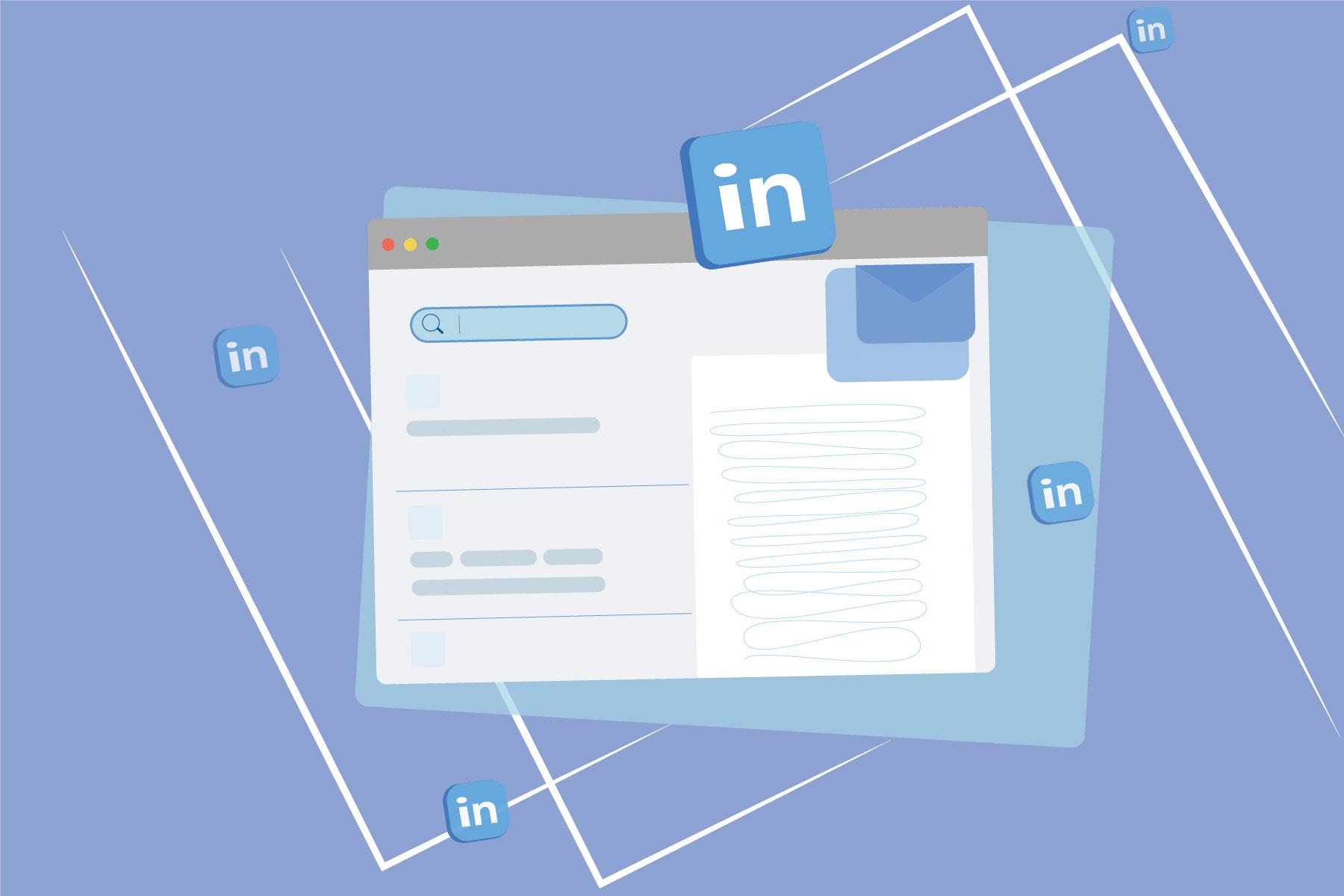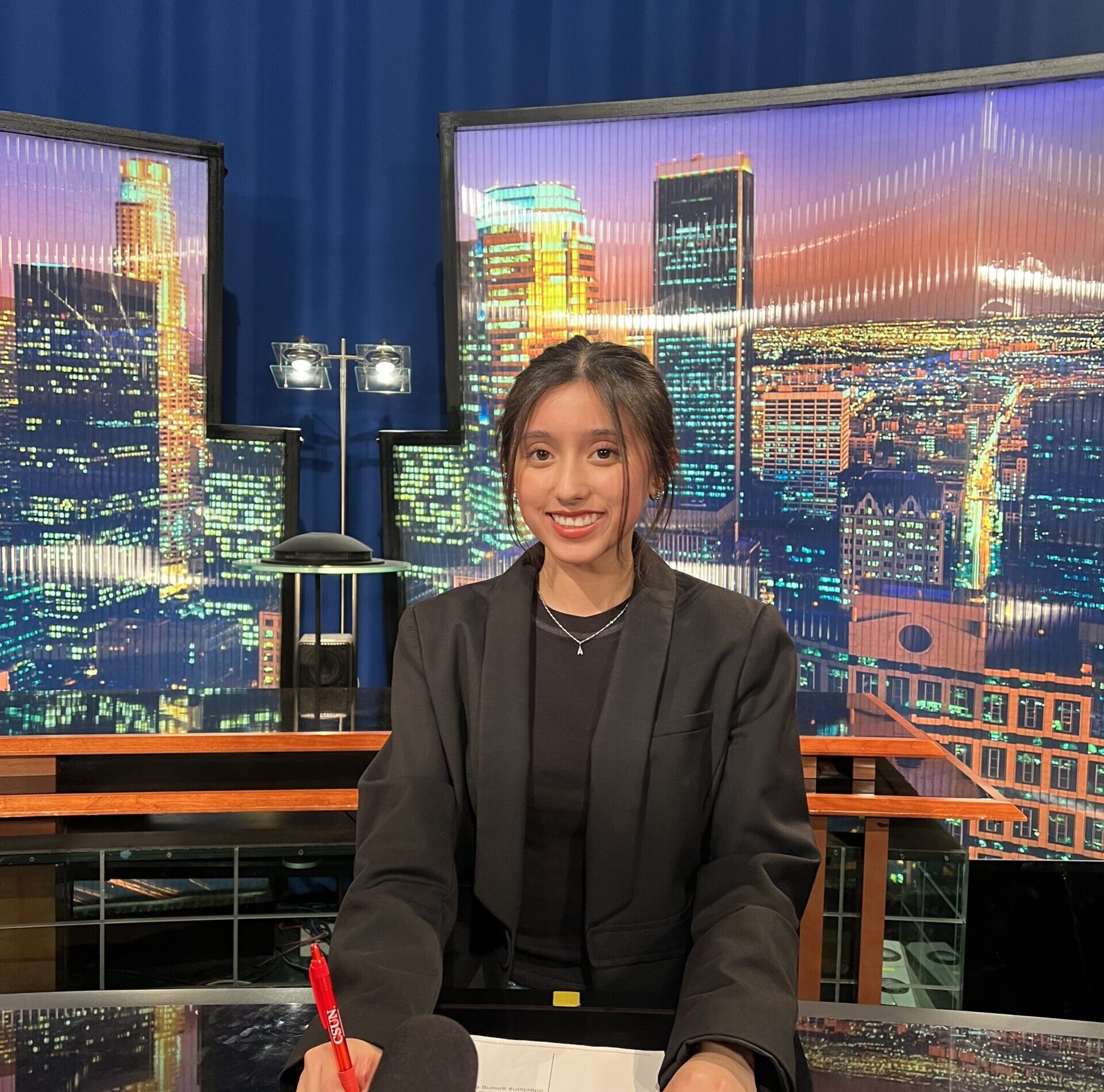The life of a college student is typically a full-time gig. Whether it’s full-time college classes, a job on the side or a hectic personal life, networking is the last thing on your mind. The LinkedIn platform works to put the idea of networking and connecting professionally at the forefront of your brain. Getting things done outside of the classroom that fulfill your developing career can be just as crucial as working towards your degree.
Social media is a great way to become connected with companies and potential employers. LinkedIn works at a more interpersonal level and is your best bet to directly connect with career opportunities. Taking advantage of all the perks and possibilities that the platform has to offer should be on your college to-do list. The paid membership of using LinkedIn is definitely a great feature to maximize your options – but for this list of perks you can do without Linkedin Premium. Understandably, a college budget does not always leave room for extra expenses. A great start is just creating an account and professionally formatting your page!
- Networking
Regardless of your major or career goals, networking is absolutely necessary. Networking involves building a web of connections, contacts and professional relationships that will help propel your career forward. A key feature of LinkedIn is following big companies and brands that are aligned with your goals. It’s always helpful to follow the companies you aspire to work for and continue to expand from there.
Other employees or workers on the platform will look to “connect” with you or will follow you. Once you accept or vice versa, you are officially connected with that person. Connecting with someone on LinkedIn is important because it gives you direct access to messaging other people. In some cases, a user is unable to chat with others until the connection has been established between both accounts.
Networking is the most important action to take while you are working towards your degree. People you connect with can be future coworkers, employees, or your boss,leading to a future job. In any job field, having a presence on LinkedIn will help your chances. When someone comes across your account –whether you are in accounting or marketing – the networking will be almost instantaneous. Inadvertently, you can be the person who leads someone else on your connections to find their job. Taking advantage of connecting on the app is a great way to organize all your professional contacts.
- Internships and Jobs
After that connection follows through on LinkedIn, finding the right internship should be the second item on your checklist. Internships are an important element of a college student’s resume. Always start by looking for internships in your field. For journalism majors, finding news networks or small-name publications is a good place to start. Anyone looking into being a teacher can find part-time tutoring gigs that are suited for their career interests. Same goes for the endless internship opportunities available to anyone studying business, law or any other major.
One of the best parts of searching for an internship is getting your name out there! Once you apply for a position, messaging your potential employer on LinkedIn definitely doesn’t hurt. Even if you do not score the internship, making those connections is still important. In the future, that person might just think of you or can even pass your name along. In the event that you do get the internship, you are able to update your Linkedin profile with your employment status. These internships can even transfer over to a full-time job, once you’ve graduated. Especially if the internship is unpaid – cross your fingers for a paid one – in the end, it will be worth it!
- Make LinkedIn Your Portfolio
For many career fields, building a brand is absolutely significant to securing job prospects. Creating a website or even dedicating a page on Twitter or Instagram can feel like an extra job. Luckily, Linkedin allows you to do both. On top of connecting and networking, you should consistently update your profile. On your page, you can add current job/internship positions, awards and all of your latest achievements. If there is tangible work to be shared, this is definitely the place to put it. Many employers will look at your page to see what you have to offer and your hard work will not go unnoticed.
In journalism or media-focused jobs, it is all about what you can bring to the table! Broadcast students who are studying radio may have put together a wrap or story showcasing their voice. Additionally, anyone studying TV news might have put together a package or reel. Maybe you have published bylines, so sharing them on your page is a must! Sharing your accomplishments in a lab as a biology major can show your connections and future employers your capabilities. Posting your work to LinkedIn is an organized way that will certainly get you noticed by other professionals. Meanwhile you put together an elaborate website for yourself, this the fastest way to push out your work and build a mini-portfolio.
So instead of scrolling through TikTok or Instagram, open the LinkedIn app. There is guaranteed productivity when using this platform. The possibility of stumbling across a worthwhile opportunity or connecting with someone important is far more productive. This social media alternative will have you endlessly scrolling, connecting and in turn career growth. LinkedIn is a great platform and college students should be looped in with it!

















